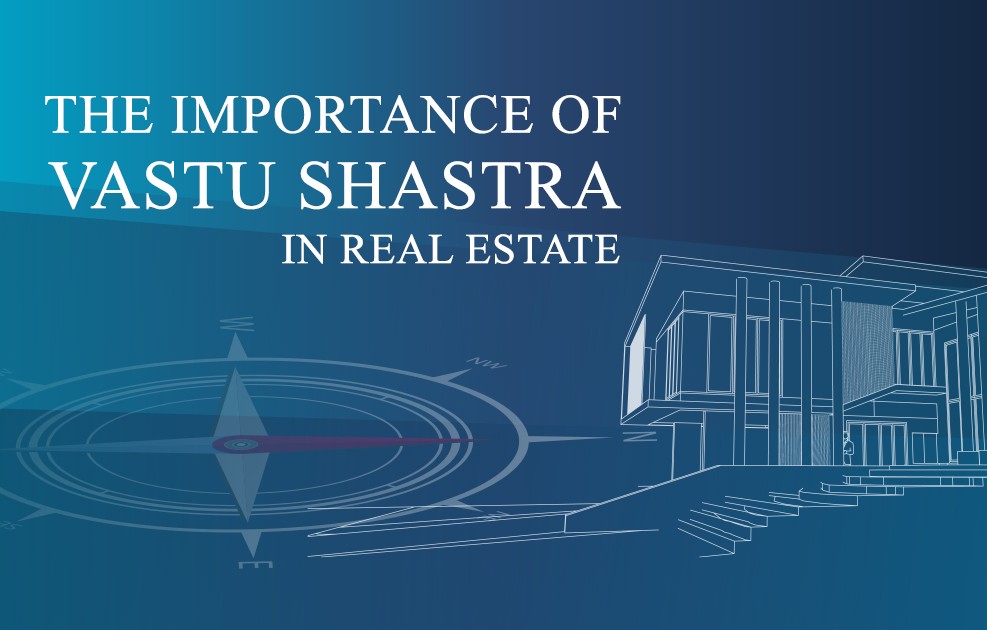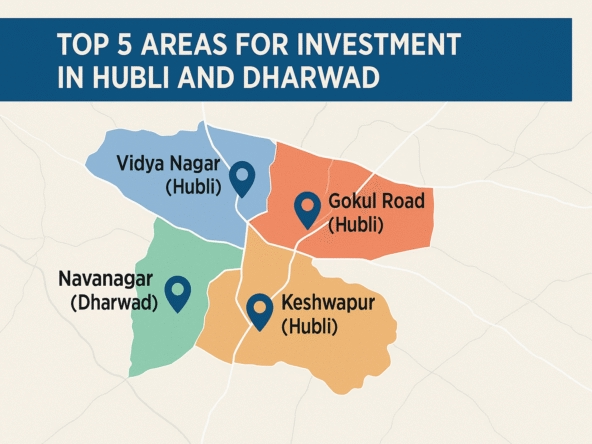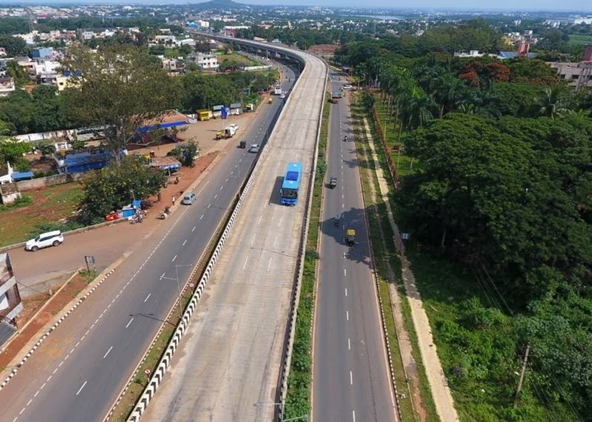When it comes to buying a home or investing in property in India, Vastu Shastra remains a critical consideration for many buyers. Rooted in ancient Indian architecture, Vastu is a traditional system that aims to harmonize a building’s layout and orientation with the laws of nature and cosmic energy.
In the context of real estate, Vastu compliance is not just a cultural preference—it can influence market value, buyer sentiment, and even daily well-being. Here’s why Vastu still plays a vital role in modern real estate decisions.
🏠 What Is Vastu Shastra?
Vastu Shastra is an ancient Indian science that focuses on the design and layout of buildings to ensure balance between five elements—earth, water, fire, air, and space. It provides guidelines for the orientation of rooms, placement of doors and windows, and structural design to create positive energy and prosperity.
✅ Why Vastu Matters in Real Estate
1. Buyer Sentiment and Demand
In India, a significant portion of homebuyers—especially in cities like Delhi, Mumbai, Chennai, and Bangalore—prefer Vastu-compliant homes. Properties designed as per Vastu tend to sell faster and fetch a premium because they align with the cultural and spiritual values of the buyer.
2. Positive Energy and Well-Being
Vastu principles aim to create a peaceful and prosperous environment. For example:
- A northeast-facing entrance is believed to bring success and positivity.
- Kitchens in the southeast zone promote health and energy.
- Bedrooms in the southwest offer stability and restfulness.
Buyers believe that Vastu-compliant homes foster good health, financial growth, and harmony in relationships.
3. Commercial Value and Resale Advantage
Even if a buyer is not strictly Vastu-conscious, owning a Vastu-compliant property adds market value and resale advantage. It broadens your target audience and appeals to a larger segment of Indian buyers.
4. Developer Strategies and Design Trends
Today, many developers integrate Vastu principles in the design stage to attract customers. From positioning entry gates to room layouts, Vastu is used as a value-added feature in marketing brochures and project descriptions.
🛑 Common Vastu Mistakes to Avoid in Real Estate
- Main door facing southwest or northwest without proper remedies
- Toilets located in northeast corners
- Kitchens in the northeast (which clashes with the water element)
- Bedrooms facing east with no cross-ventilation
These are not just seen as design flaws—they may deter Vastu-aware buyers or require costly modifications later.
📈 Vastu and the Modern Buyer: A Balanced Perspective
While not everyone follows Vastu strictly, many homebuyers today adopt a balanced approach—choosing homes that respect Vastu to some extent without compromising on design or modern amenities. Some even consult Vastu experts to make minor corrections (like using mirrors, colors, or plants) instead of rejecting a property outright.
🏡 Final Thoughts: Vastu as a Value Booster in Real Estate
In a market where emotions, tradition, and energy flow are deeply connected to property choices, Vastu-compliance is more than just a belief—it’s a smart real estate strategy. Whether you’re a buyer, seller, or developer, being mindful of Vastu can lead to better satisfaction, higher demand, and increased property value.
Looking for Vastu-compliant properties?
Our team specializes in real estate aligned with Vastu principles—reach out today to find your perfect match!





